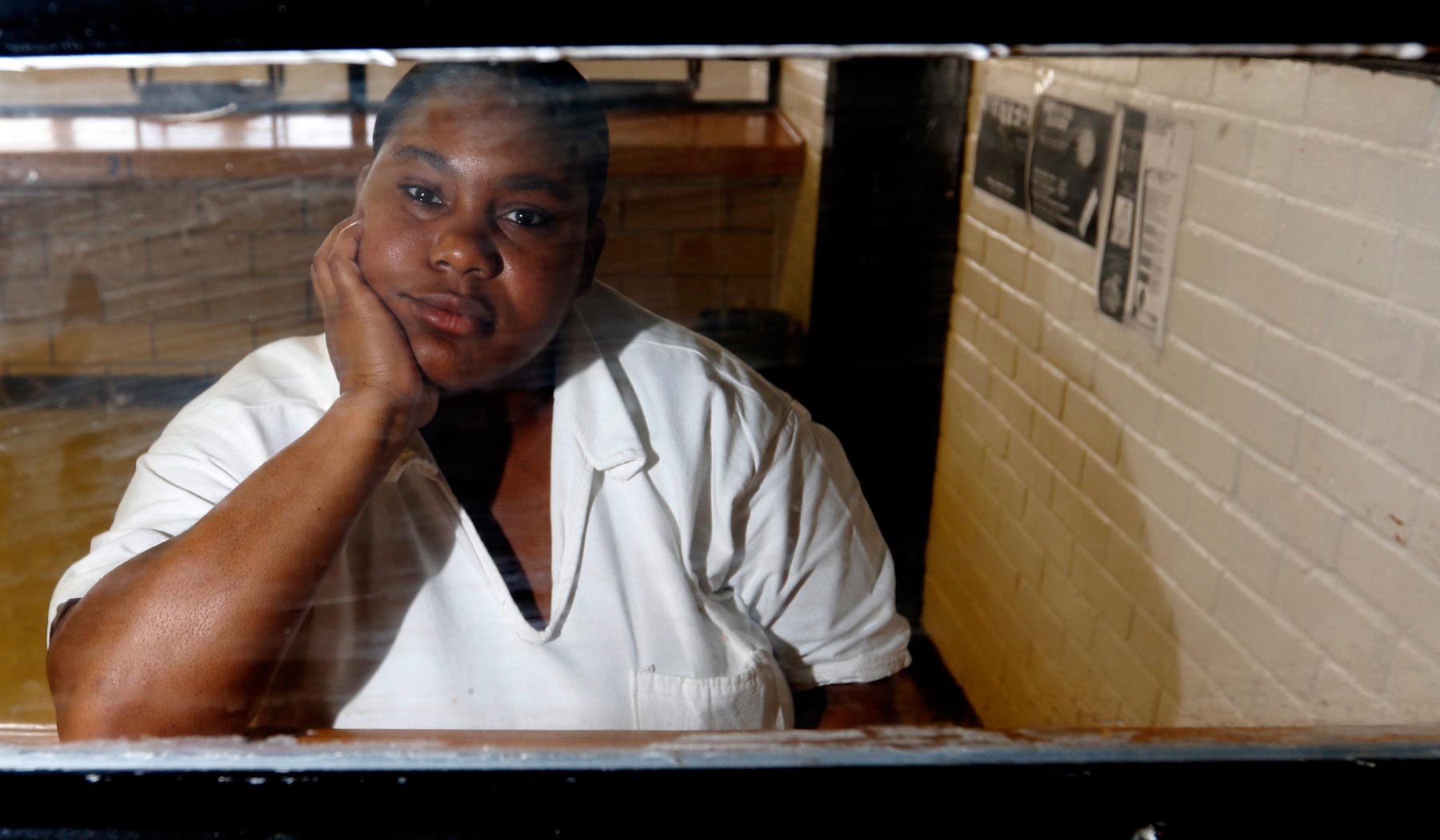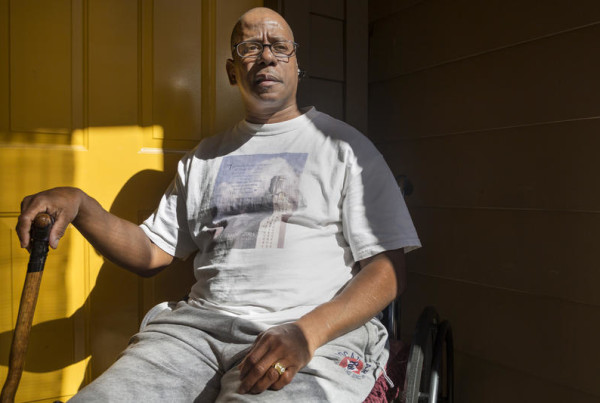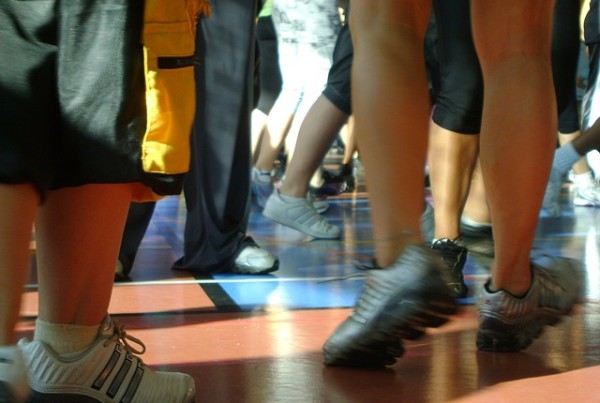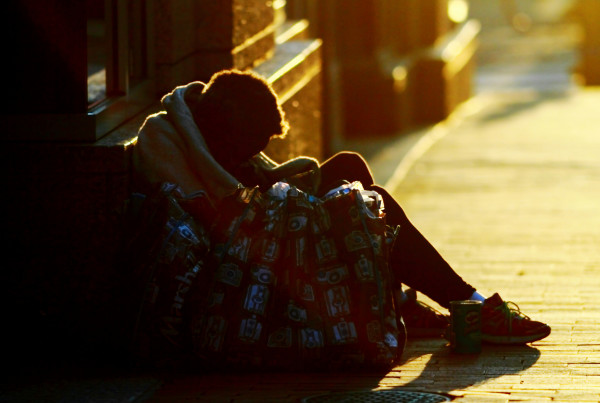It’s a phrase heard often: “Growing up is hard to do.” But it’s even harder to experience those formative years of your life in prison. In Texas — on any given day — about 2,100 inmates are serving time in adult prison for crimes they committed between the ages of 10 and 16, according to an analysis by the Dallas Morning News.
This includes people like Anisha Walker, who was convicted of killing a man after selling him cocaine. She was in the ninth grade when she was incarcerated. Now she’s 32.
“Prison is not for rehabilitation. I know that’s what they say, but it’s not,” she says. “It teaches you to be a better criminal. And so for my first 10 years, that’s what I was learning to be — a better criminal — until I made a decision that this place has my body, but I’m not going to let them have my mind.”
That’s just one of the prisoners profiled. Reporter Jennifer Emily worked on the series. She joins the Standard to discuss.
“Most of these people are behind bars for violent crimes and sex offenses and there’s a small percentage — 4 percent — who are there for other crimes. Most of them committed aggravated robbery, aggravated assault, murder.”
Christina Melton Crain, former chair of the Texas Board of Criminal Justice, runs a program called Unlocking DOORS. The group assists people who are coming out of prison and tries to help them transition into a stable lifestyle.
“They come out without any understanding of what being an adult is like,” Crain says. “They’ve had no experiencing of living on their own, maybe renting an apartment, having their own automobile, having a job, having a bank account, all the things that young adults learn how to do.”
Emily says when these convicts are released into society, they are developmentally behind their age peers.
“We went to high school, we made the mistakes — nothing like their mistakes, but we made mistakes — in our early 20s as we were learning what to do,” she says. “They’ve grown up with other convicts as role models in a place where you don’t look people in the eye and you don’t touch. So they’re coming out not having real jobs skills, but they don’t have the personal skills to know what it’s like to live with us. They’re going to be here and they’re going to be working at the businesses we go to. They’re going to be living in our neighborhoods. So it presents not just a challenge for the inmates, but it’s a challenge for society.”
There aren’t enough transitional living groups like Unlocking DOORS out there, Emily says. There is the danger released inmates reoffending if they don’t get the appropriate help. Emily says kids who go to adult prison are more likely to reoffend than those who were incarcerated in juvenile centers.
“They are also more likely to have mental health issues,” she says. “Again, that puts it back on society that if they reoffend they’re going to go back to prison. Or, when they come out, if they struggle and they need government assistance, that’s on the public too…. If you pay upfront, many of the experts have told us, then it costs less than if you pay for them later.”
So what program exist now to help prevent reoffending and a smoother transition back into society? Emily says there are quite a few. Other than aftercare programs that follow up on transitioning citizens, there’s Europe’s idea of ‘Middle Prisons.’
“The brain isn’t fully developed until your early 20s — and some people believe your mid-20s,” Emily says. “We [the U.S.] have juvenile lockup and we have adult prison, but there is this idea of Middle Prison where you go when you’re not really a child but you’re not a full adult.”
There’s also a need for more programs within prisons, Emily says, “to help these kids… as they go along, so they’re more likely to be ready when they get out.”

















